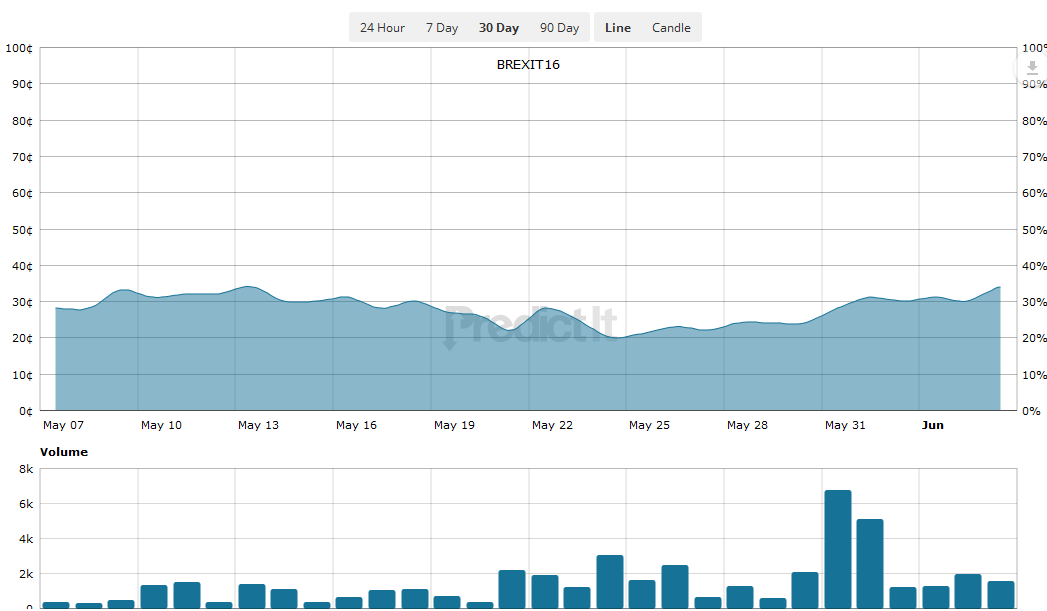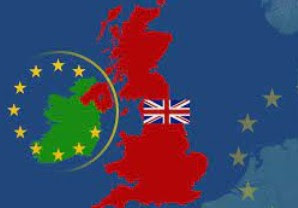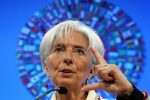Presently, one would have to wager 42 cents to win a dollar if the UK votes to leave. On May 23, one could wager 19 cents. On Saturday, June 4, would have “bet” on Brexit for 30 cents.
The price of the wager can be seen as the odds it the event will occur. The odds today are the highest since March 23 when the then-London Mayor Johnson came out for Brexit (when it reached 45).
Many opinion polls had shown a very close contest, but the events market had been fairly confident that those who favored remaining in the EU would win. Following the last spate of polls, the event market is tightening up.
Implied volatility in the options market is higher, which means on balance options are being bought. The wide skew between puts and calls equidistant from the money indicates puts are being bought. If calls were being sold, volatility would be heavier.
What investors and gamblers have in common is the need to avoid the risk of ruin. One has fire insurance on one’s home, not because one expects it to burn down, but because one need not take the risk of ruin. Market risk is often thought of as volatility, and the short-dated sterling volatility has jumped and remains elevated. It is the product of the probability of an event and its impact.
The probability of Brexit appears to have increased. The impact, at least at first blush, could be quite dramatic, sufficiently so, as to risk the ruin of some ill-prepared investors, who expect cooler heads will prevail. We think investors ought not to get caught up in proxy hedging (using another currency). We do not see a particularly tight fit between euro-Swiss franc cross, for example, and sterling against the dollar.
If the UK does vote to leave, we can see euro coming under pressure, but the SNB will stand ready to ensure that the franc does not bear the burden of the outflows. In late-March, following the conclusion of Cameron’s negotiations with the EU and Johnson’s formal declaration, the euro-franc cross was 1.09 and sterling was near $1.40. Earlier today, the euro was flirting with CHF1.11, while sterling was near $1.44. We suspect on a Brexit vote, the dollar and yen may be preferable to a European hedge. We would not expect emerging markets to well in such an event, and the central and eastern European currencies could get hit the hardest.
































